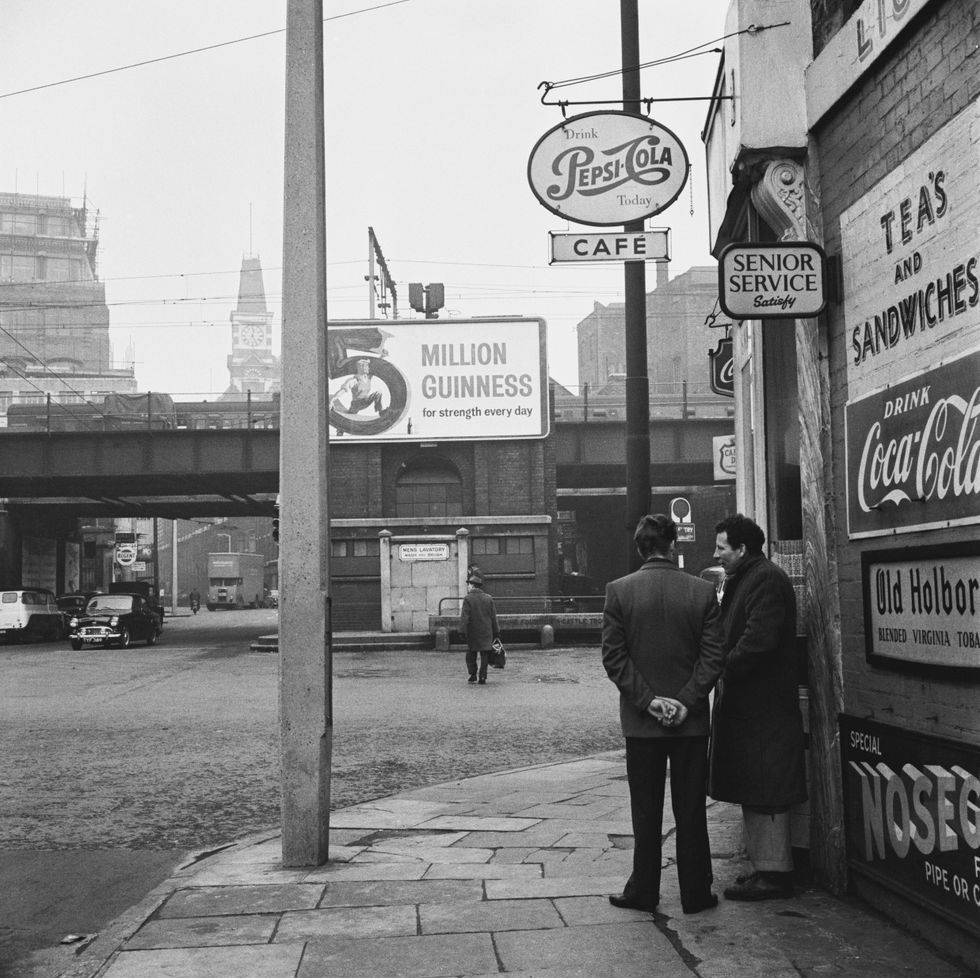One of Britain's most iconic accents is 'dying' with migration partly to 'blame': 'Loss of cultural identity'

Britain suffering an 'identity crisis' as more children born to foreign mothers
|GB News

Urbanisation and migration have emerged as primary drivers of this linguistic shift
Don't Miss
Most Read
Trending on GB News
The Cockney accent is gradually disappearing from East London, with gentrification and migration identified as key factors in its decline, according to a new report.
The distinctive accent, traditionally associated with those born within earshot of Bow Bells, has been deeply rooted in East London culture for generations.
However, the gentrification of parts of the capital in recent years has displaced many traditional Cockney speakers from their communities.
This population shift has accelerated the accent's decline, as long-established residents have been pushed out of areas they once called home.

The Cockney accent is gradually disappearing from East London, with gentrification and migration identified as key factors in its decline, according to a new report
|Getty
Language learning platform Preply has analysed the phenomenon, with linguistics experts examining the various forces driving this linguistic change.
Urbanisation and migration have emerged as primary drivers of this linguistic shift, with London's rapid population growth bringing together speakers from diverse regional and national backgrounds.
The Preply experts explained: "Many people may view this change as a cause for concern, as accents are not merely a way in which we speak; they often form part of a cultural identity, carrying with them history, community, and pride.
"Therefore, the loss of an accent may feel like the loss of a cultural and personal identity."
LATEST DEVELOPMENTS:

The gentrification of parts of the capital in recent years has displaced many traditional Cockney speakers from their communities
|Getty
The influence of media and technology is also said to have played a significant role, with national media and social platforms promoting more standardised speech patterns.
Younger generations, increasingly exposed to these "neutral" accents online, may adopt speech patterns that reflect media representations rather than their local linguistic heritage, according to the study.
The experts emphasised that these changes should not necessarily be viewed as cultural loss.
They stated: "The evolving accents in the East of London aren't a loss, however, but a reflection of linguistic transformation."

The distinctive accent, traditionally associated with those born within earshot of Bow Bells, has been deeply rooted in East London culture for generations
|Getty
The expert added: "Language naturally changes over time; the Cockney accent of today differs from that of a century ago and will continue to shift."
Additional factors contributing to accent evolution include changing identity markers, with people increasingly expressing their heritage through food, music, fashion or art rather than speech patterns.
Stigma and stereotypes surrounding certain accents are also said to have influenced speakers to adopt more neutral tones in various environments.
The decline of isolated rural communities, which historically preserved regional dialects, has further accelerated these linguistic changes, the service said.
More From GB News










